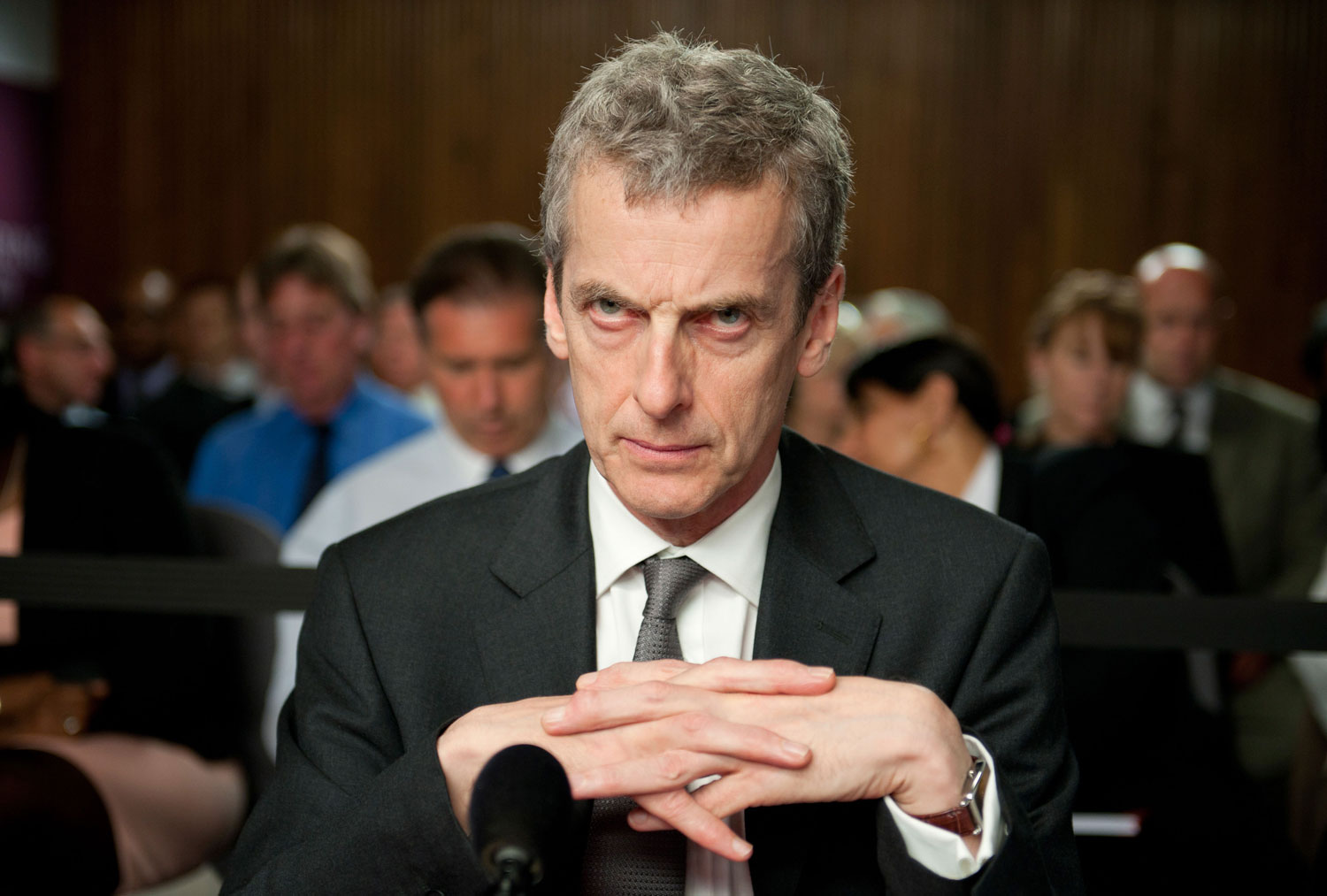
Political Theaters Political Theaters
From Yes Minister and The Thick of It to Veep, Scandal and House of Cards, British political satire and its American progeny reveal growing disillusionment with political irreality...
Feb 17, 2014 / Books & the Arts / Michelle Orange
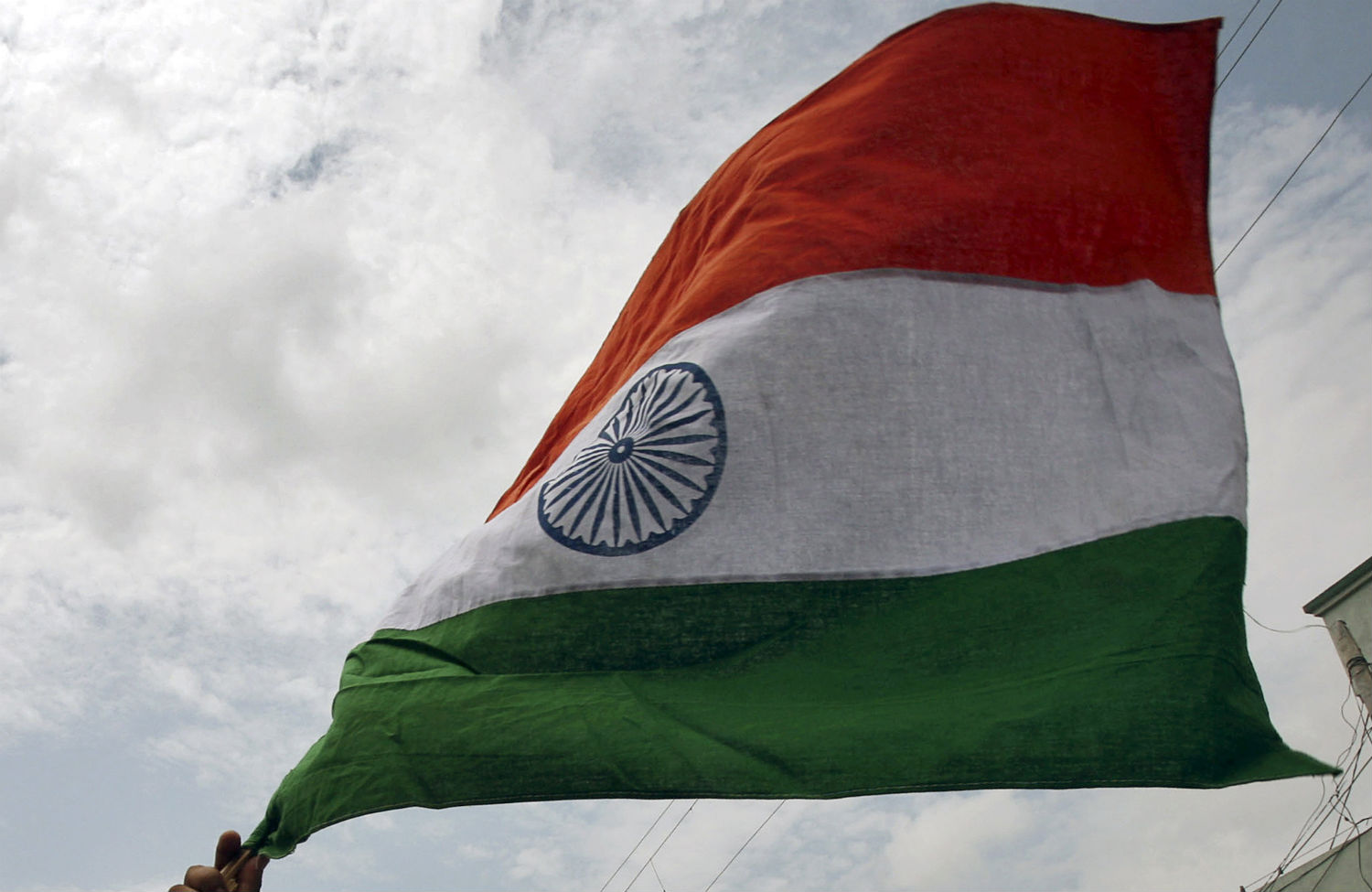
The Talibanization of Hindu History in India The Talibanization of Hindu History in India
Penguin’s withdrawing and pulping The Hindus: An Alternative History is only the latest in a series of surrenders.
Feb 14, 2014 / Books & the Arts / Jon Wiener

From & Friends From & Friends
Failing upward at the Democratic Leadership Council with Al From.
Feb 11, 2014 / Books & the Arts / Rick Perlstein
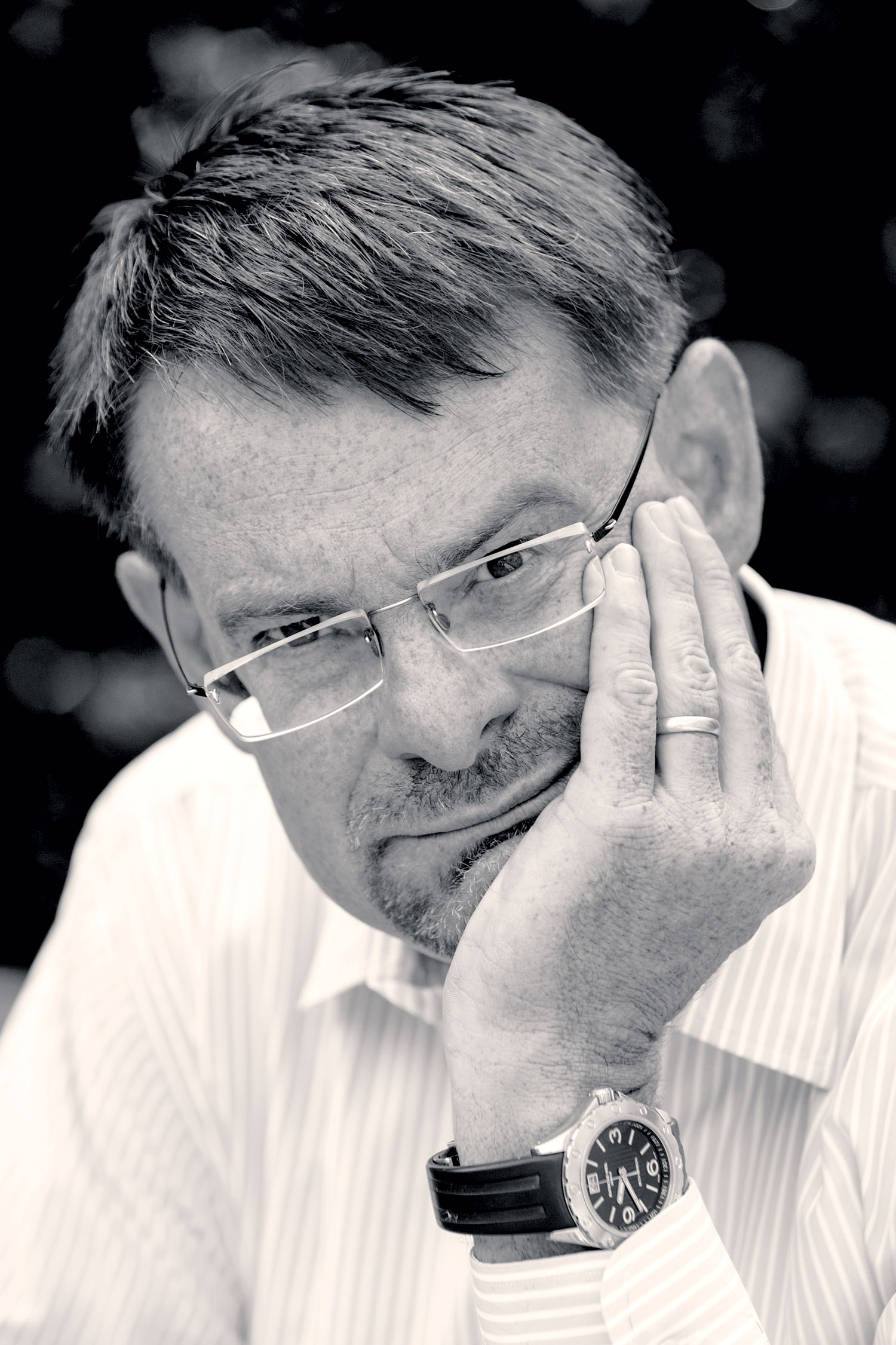
Water and Soil, Grain and Flesh Water and Soil, Grain and Flesh
Walter Johnson reconsiders the connection between slavery and capitalism.
Feb 11, 2014 / Books & the Arts / Robin Einhorn
Autumn Journal Autumn Journal
Gingerly the moon moves near the hilltop church and slides around the transept, slow, to peer inside the cloister. No: those are not friars there, but children… outside their nests. She rests against a brim of wind. Their wings are hurt… But lying in ordered rows of narrow beds they’re all asleep, as if they’re tired. Tired from flying, at least in dreams, and so in dreams their mothers hold them close against warm skin. The moon, she listens in. She doesn’t want to wake them, she only wants to see. And then she leaves, but rises high. She needs to make the hilltops gleam, and drape a sheen across the sea, but too she sends a beam back down to where the children sleep. And up she climbs, up through the sky, the high good sky, and searches far and wide to find the stars. Where are the stars? She scans the sky. Where can they be? She wants to tell the faultless virgin stars what she has seen. (translated from the Italian by Taije Silverman and Marina Della Putta Johnston)
Feb 11, 2014 / Books & the Arts / Giovanni Pascoli
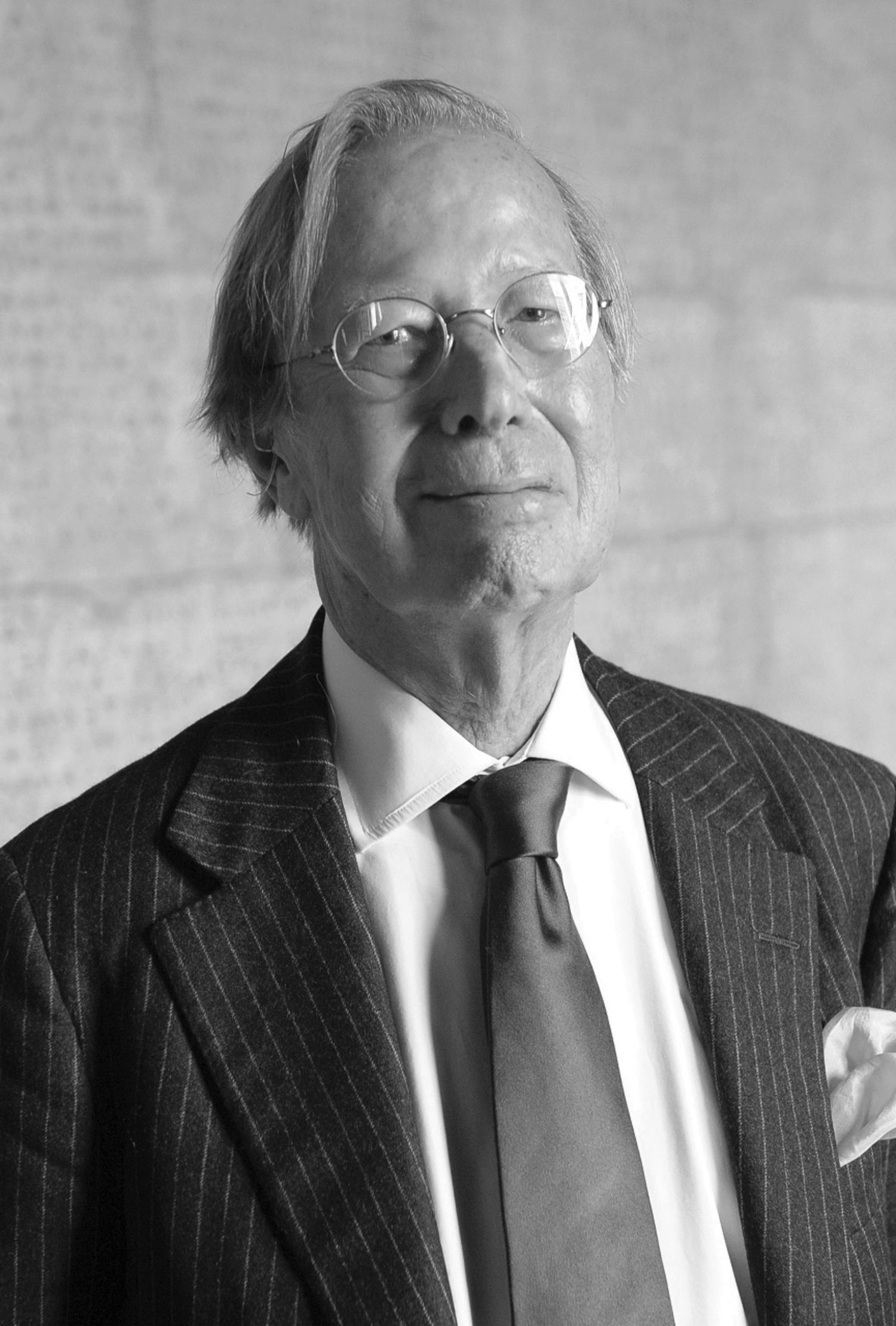
Beyond Naturalism: On Ronald Dworkin Beyond Naturalism: On Ronald Dworkin
How did an essential figure in the modern revival of liberal political philosophy end up pondering issues of theology?
Feb 11, 2014 / Books & the Arts / Michael Rosen
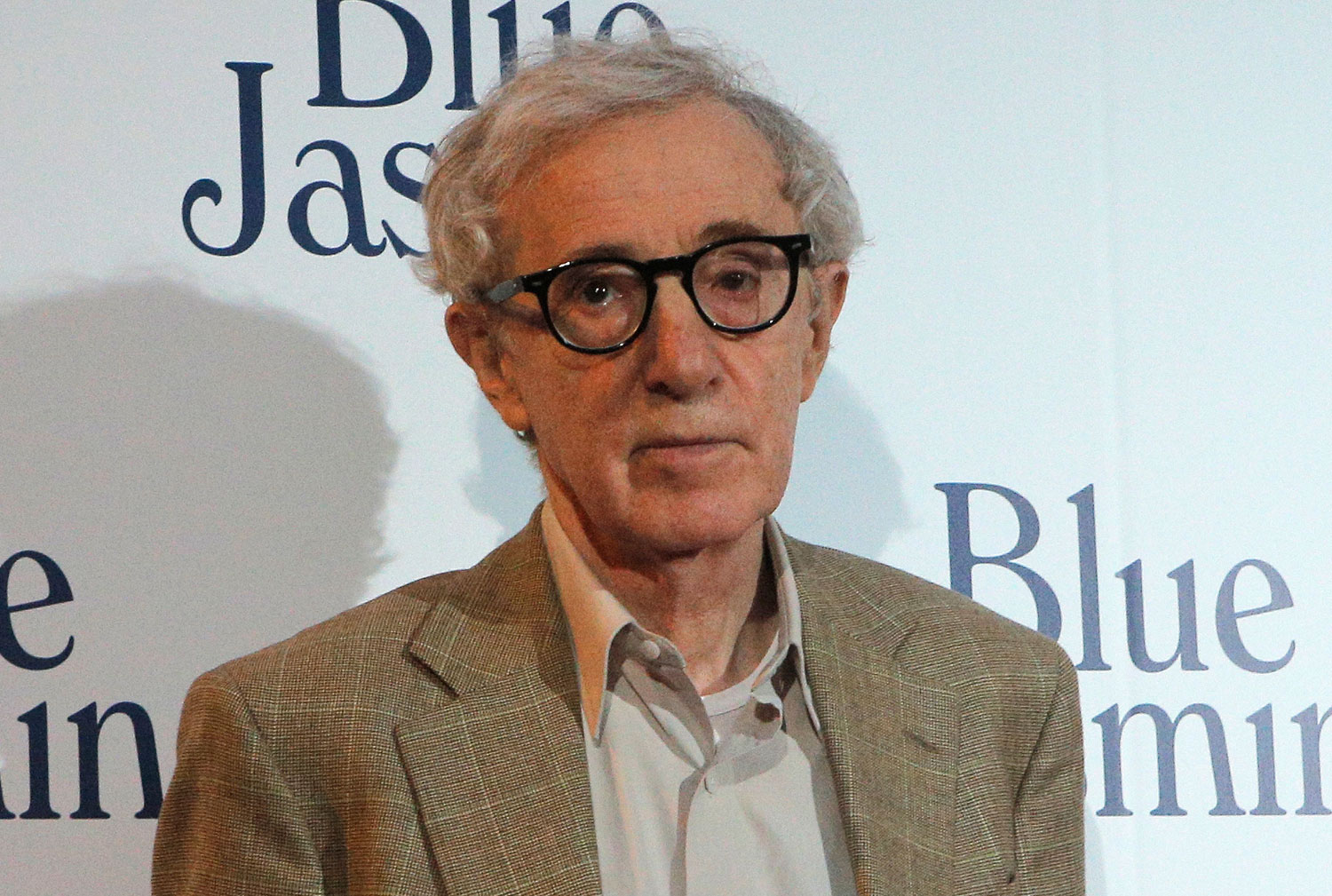
Metanarrative and the Woody Allen Sex Abuse Case Metanarrative and the Woody Allen Sex Abuse Case
For a lot of commentators on all sides, the stakes far exceed the truth of Dylan Farrow’s accusation itself.
Feb 7, 2014 / Books & the Arts / Lisa Duggan
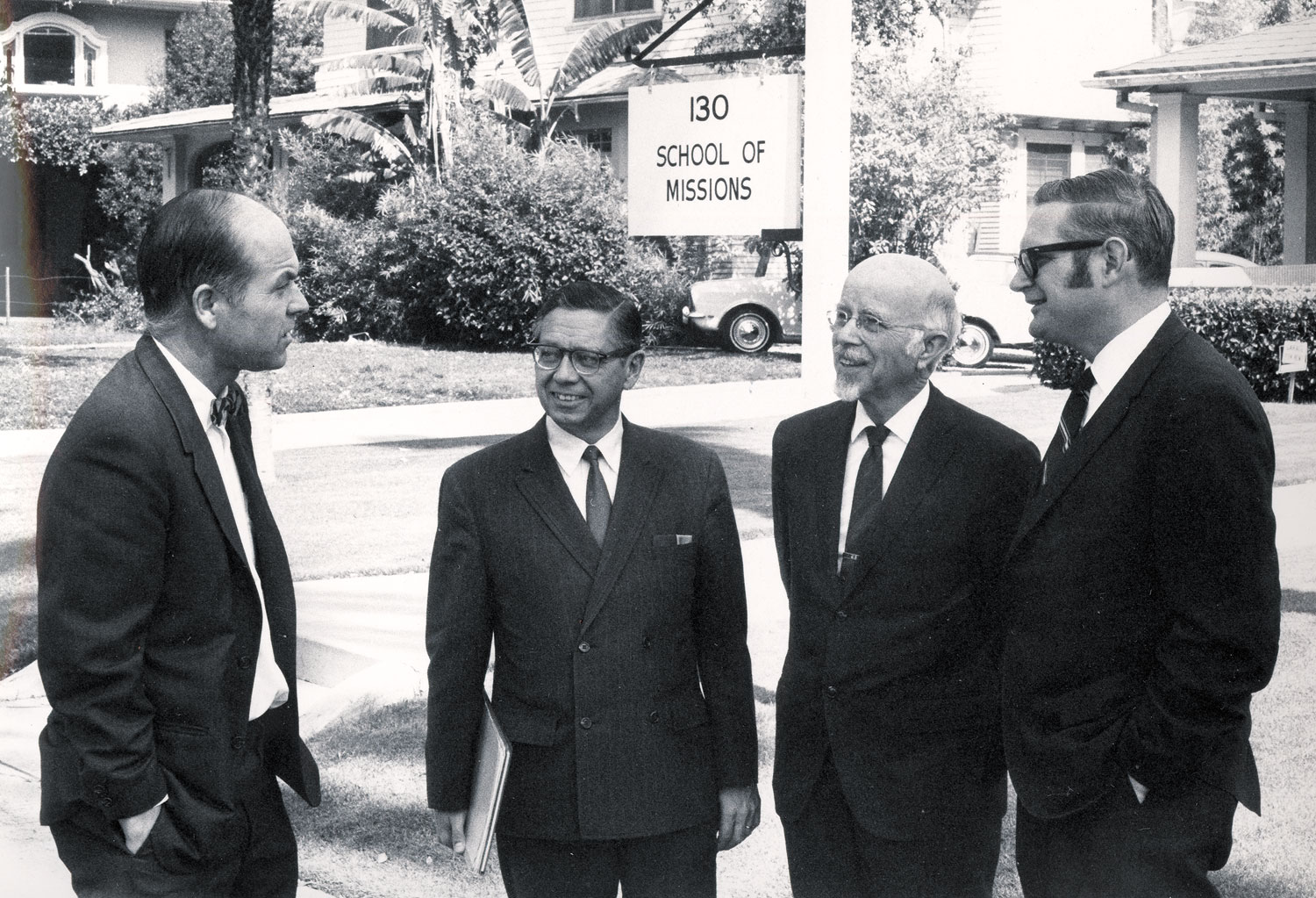
Beyond Belief Beyond Belief
Conservative religious thinkers and their intellectual crusades.
Feb 5, 2014 / Books & the Arts / Chris Lehmann
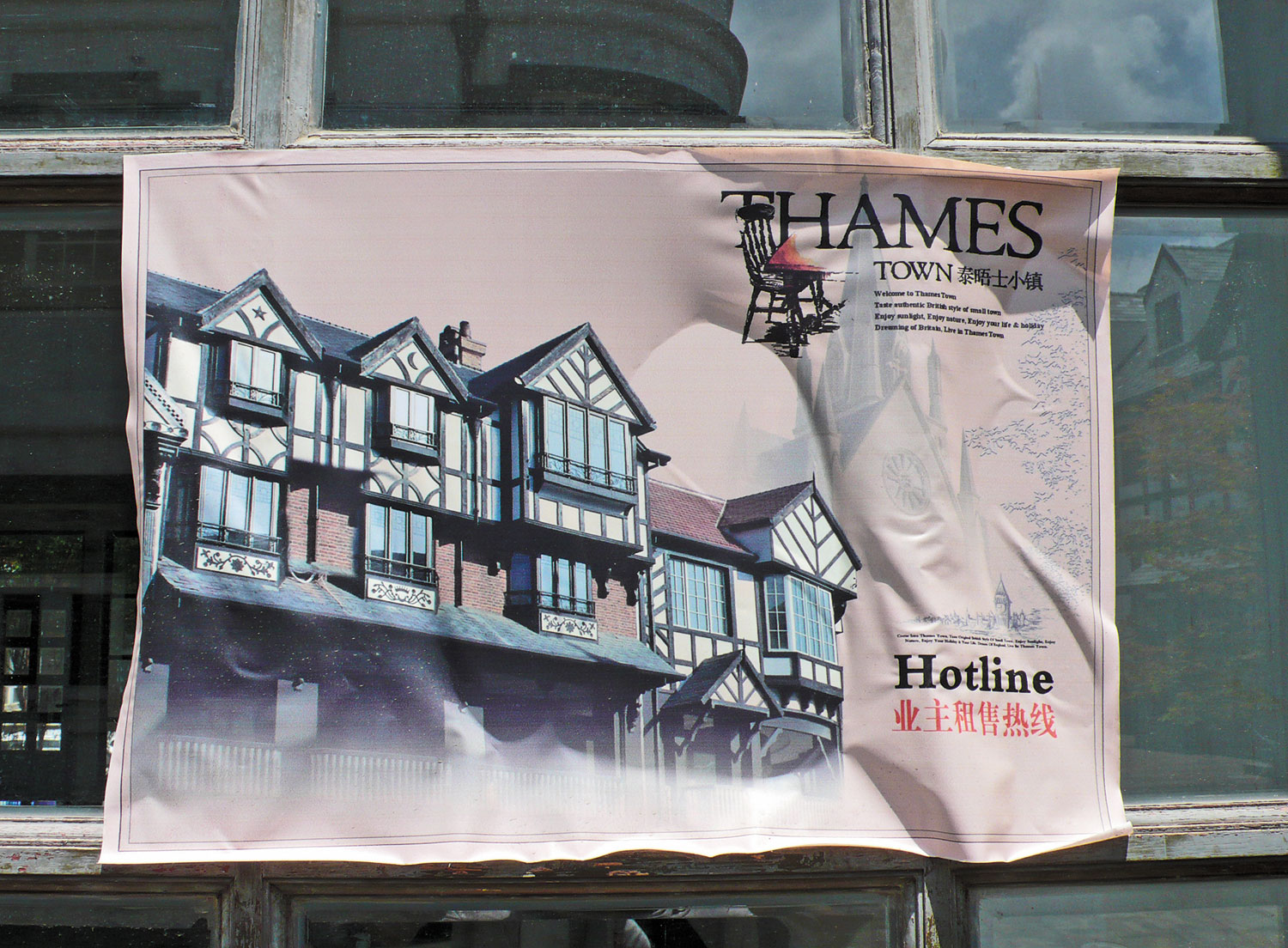
Bull in China’s Shop Bull in China’s Shop
The urbanization of China and infusion of Western forms amounts to a second Cultural Revolution.
Feb 4, 2014 / Books & the Arts / Michael Sorkin
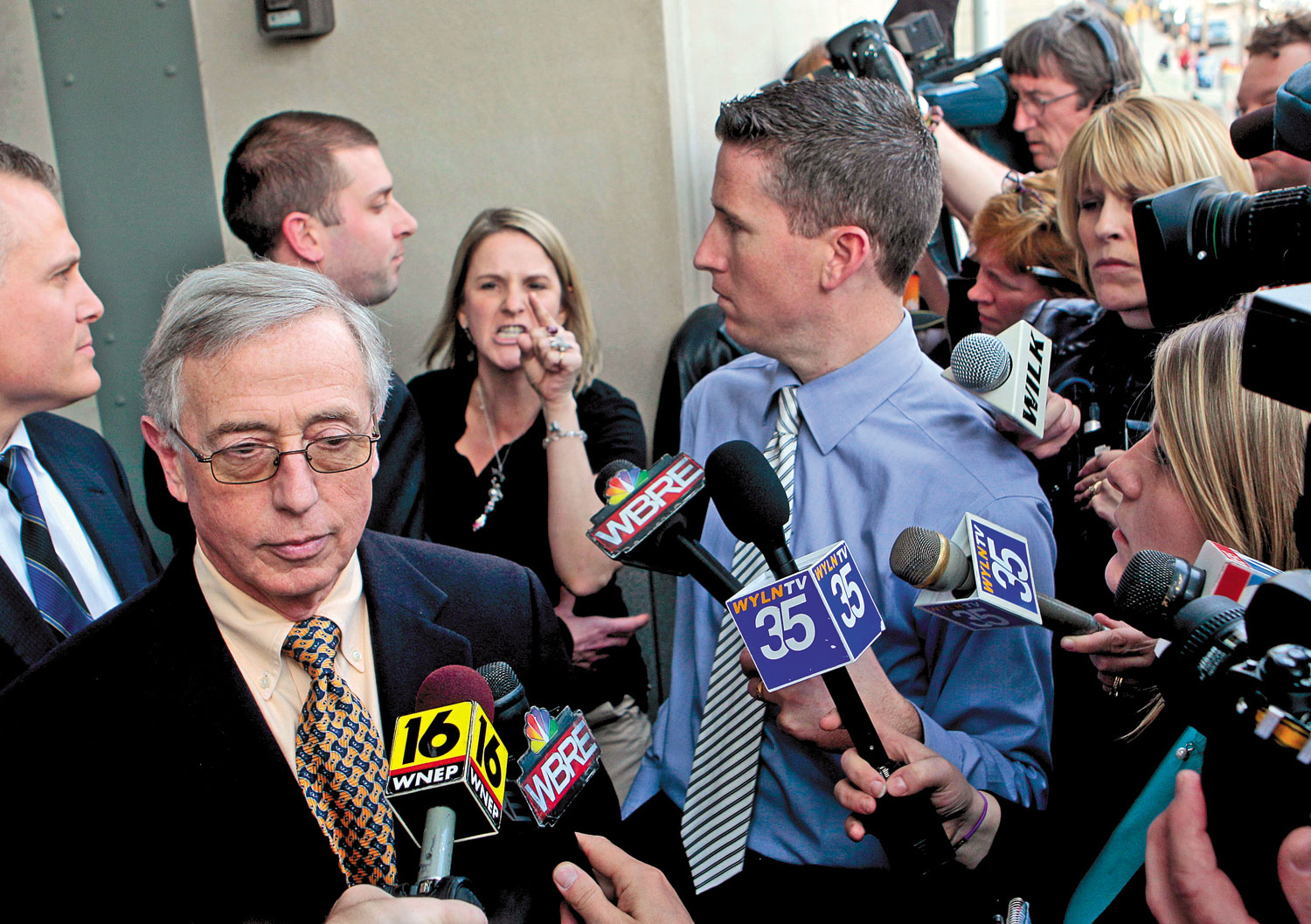
The Loved Ones The Loved Ones
Robert May’s Kids for Cash, Sebastián Lelio’s Gloria, Razvan Radulescu’s Child’s Pose
Feb 4, 2014 / Books & the Arts / Stuart Klawans
